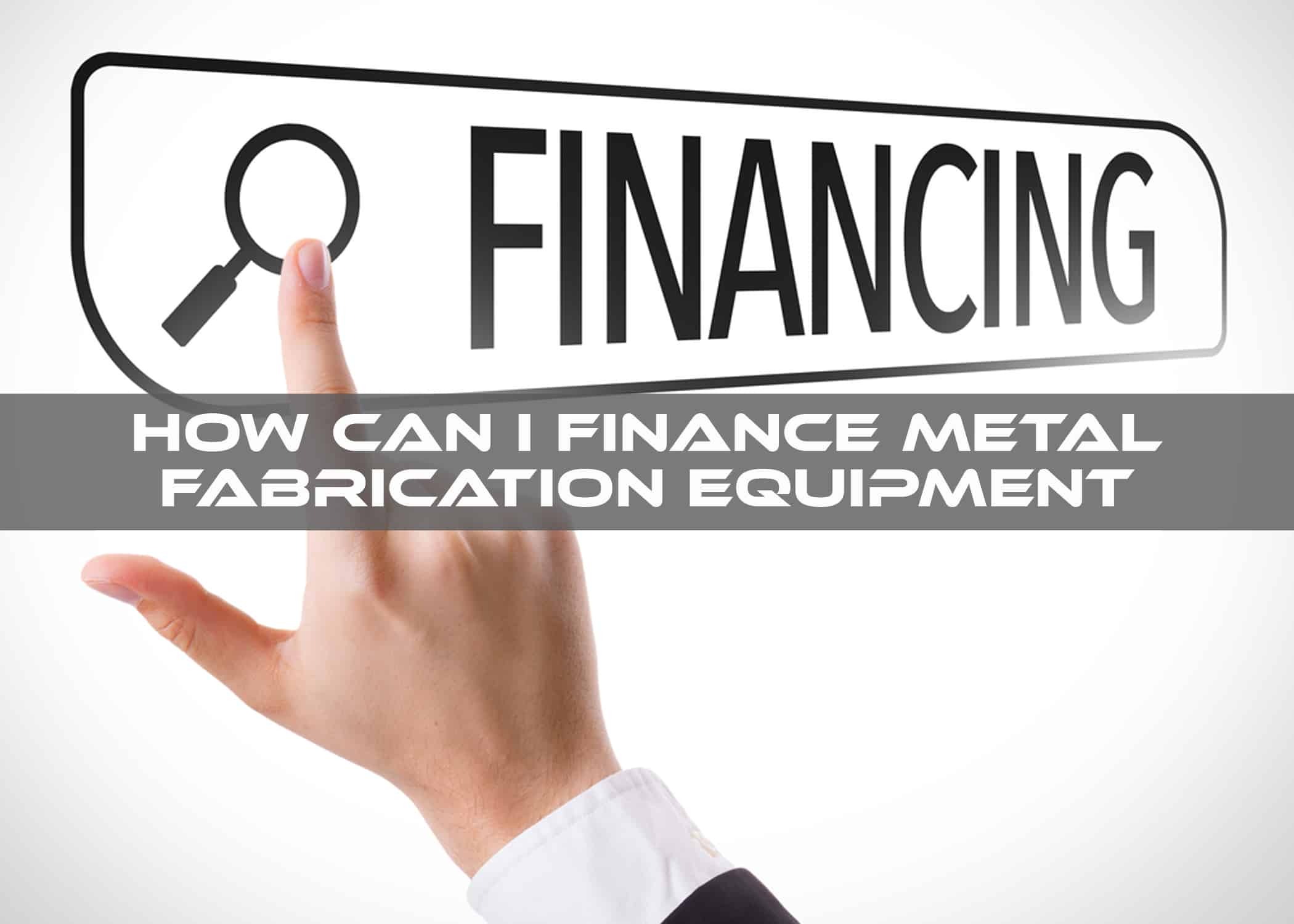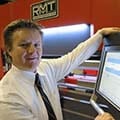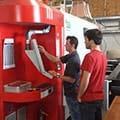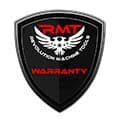Why Finance Equipment?
“Dad,” the young man learning the family business asked his fabricator father, “why would you ever want to finance a machine?”
“What do you mean?” replied the fabricator. “That’s how we usually buy them.”
“I’ve heard you and mom talking and I know that your shop is very successful these days. You said that you got over eight million dollars last year.”
“Well, that’s how much the shop earned, not how much we made in profits. A lot of that money went to paying our costs, wages, taxes, and so on.”
“Yes,” the young man continued, “but you must have had enough money to buy some of your newer machines right away without needing to take out a loan for them with interest being charged, yet I heard you tell the floor manager that you just financed your new brake, shear, and roll. I don’t get it.”
“That’s a good question,” replied the father. “It’s true that we have been a little cash heavy lately, and we probably had enough on hand to purchase all three of those machines outright, but financing makes sense for a business like ours.
“Let me give you an example for comparison,” the fabricator continued. “When I brought you on fulltime last month, I could have paid you your entire salary for the year up front. Why do you suppose that I didn’t do that?”
“You mean other than the fact that I likely would have spent it all by now?” the young man responded with a smile. “Probably because I haven’t earned it yet.”
“Exactly!” replied the fabricator. “And just as I would expect every employee to work for the money I allocate for them, likewise I want every machine I purchase to do the same.” Seeing a confused look on his son’s face, the fabricator continued, “I could have paid in full for these machines, but it made more sense to have each machine work for me and have them pay for themselves through the income they bring in. I’ve found that most metal fab machines typically pay for themselves within the first 12 to 18 months they are on the floor.”
“I guess that makes sense,” the young man said. “I never thought about it like that before.”
“Yes,” continued the fabricator. “That’s how much these machines can generate in revenue, so it really does make sense for us to build up our company on somebody else’s dollar while keeping our nest egg safe. Why deplete our bank balance to pay for a machine and then wait a year or two to recoup that money? It doesn’t matter if a fab shop is big or small, flush with cash or struggling day-to-day—financing equipment purchases is almost always the right way to go.”
Is Getting Equipment Financing Hard?
Every machine tool and metal fabrication equipment dealer should have a reputable financing source that they work with to make it easy for their customers to obtain the funds they need to buy equipment. For example, Revolution Machine Tools has partnered with Amur, a company specializing in equipment financing for small businesses. “I think some types of machines are easier to finance than others,” says William Hyde, Senior Account Manager at Amur, adding, “We finance everything and anything.”
He says that Amur’s process consists of a digital application that takes two minutes to fill out and doesn’t require any “hard pulls” on an applicant’s credit (meaning that it won’t show up on a credit report or affect the applicant’s credit score). A response from underwriting can be expected as early as the same day. Besides fast financing, Amur is also flexible. While many loans are for 72 months, William notes, “We really structure the loan however the customer wants.”
Considerations for Equipment Financing
When applying for financing, make sure you understand all aspects of what will be required with the loan or lease, including precisely what your financing rate will be. Don’t worry about being embarrassed by not understanding some aspect of the financing process—always ask questions until you feel certain that those providing the financing have answered them completely.
Some other matters to consider when financing metalworking equipment include:
- Compare different financing options with their interest rates and fees and evaluate how well the financing arrangements align with your long-term plans for your metalworking operations.
- Consult with trusted financial professionals or advisors to get valuable insights tailored to your specific circumstances.
- See if the company will allow you to finance with zero down or a very small down payment by using the equipment itself as collateral against the loan.
- Find out if the financing firm can lock in an interest rate, causing them to absorb the costs of future inflated rates.
- Understand the difference between equipment financing and equipment leasing and when each is most appropriate. (Note that leasing will require the return of the equipment at the end of the term if additional money isn’t provided to purchase it outright. This can be advantageous for getting a lower rate on used equipment that you don’t expect to use after a certain point in the future.)
- Look into what tax benefits may exist with your financing situation. In many cases, lease payments or loan interest can be tax-deductible as operating expenses, which can provide potential tax advantages for your business.
- If you are financing used equipment, verify that there are no liens or other obligations on the machines that could result in them being repossessed.
Financing metal fabrication equipment can be an economically beneficial way of upgrading your machines while not severely impacting your cash flow. Give your favorite metalworking machinery dealer a call today and see what financing options they have available to help you quickly gain a competitive edge against rival shops in your market.
